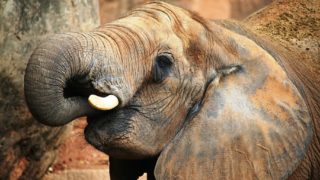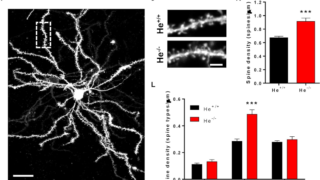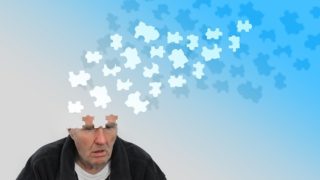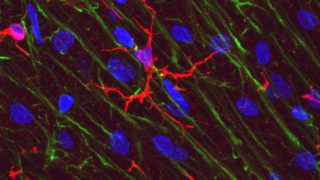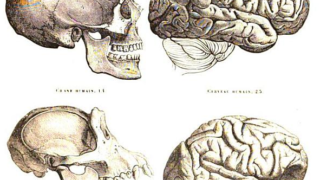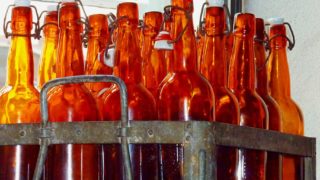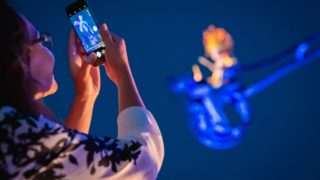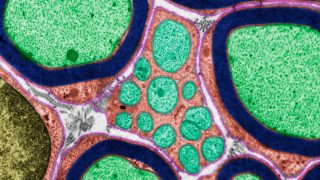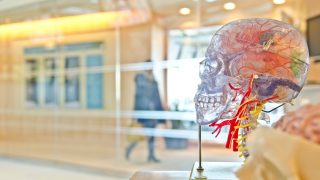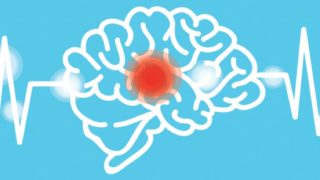
Induced pluripotent stem cells can help revert brain stroke damage in mice
For a long time it has been posed that induced pluripotent stem cells or iPSC have a great potential in the treatment of certain health issues, what’s more, attending to the results of a recently published study in the journal PNAS , iPSC can be helpful to revert brain stroke damage in mice. Sara Palma-Tortosa […]
